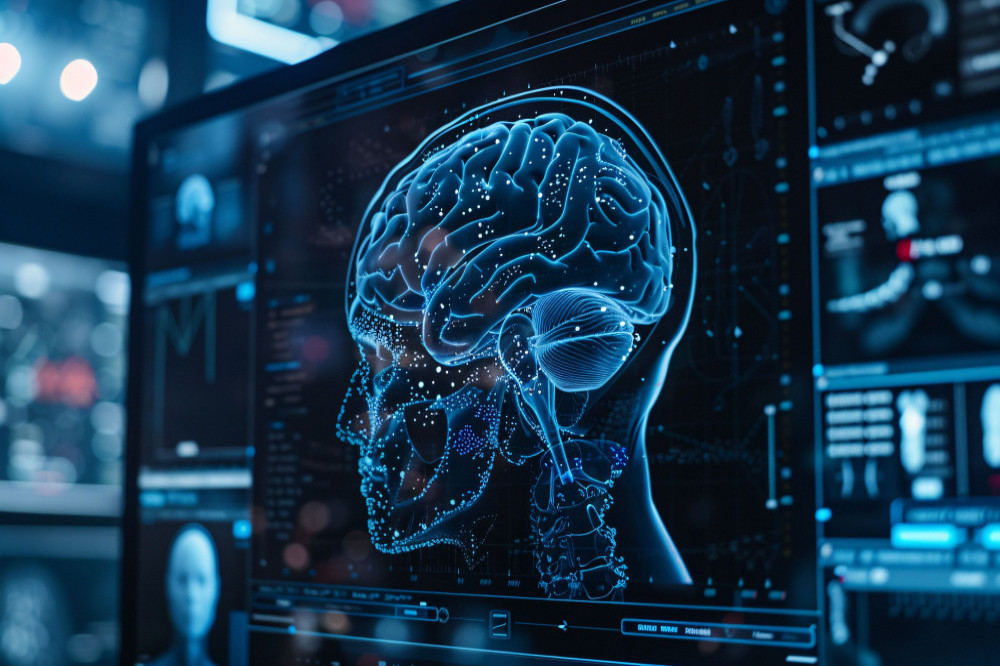A new test can predict dementia up to nine years before diagnosis.

A test can spot dementia nine years before diagnosis
The first-of-its-kind test can identify early signs of the brain condition with 80 per cent accuracy and is more likely to do so than other methods such as memory tests.
The technique analyses a network of connections in the brain when the organ is in "idle mode" to spot initial signs of the illness and has the "potential to fill an enormous clinical gap" by discovering who is at risk and treating them before symptoms begin to show.
Professor Charles Marshall, who led the research team at Queen Mary University of London, said: "Predicting who is going to get dementia in the future will be vital for developing treatments that can prevent the irreversible loss of brain cells that causes the symptoms of dementia.
"We hope that the measure of brain function that we have developed will allow us to be much more precise about whether someone is actually going to develop dementia, and how soon, so that we can identify whether they might benefit from future treatments."

